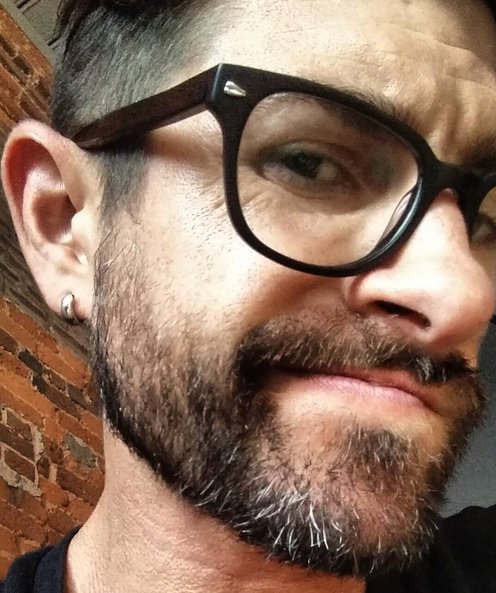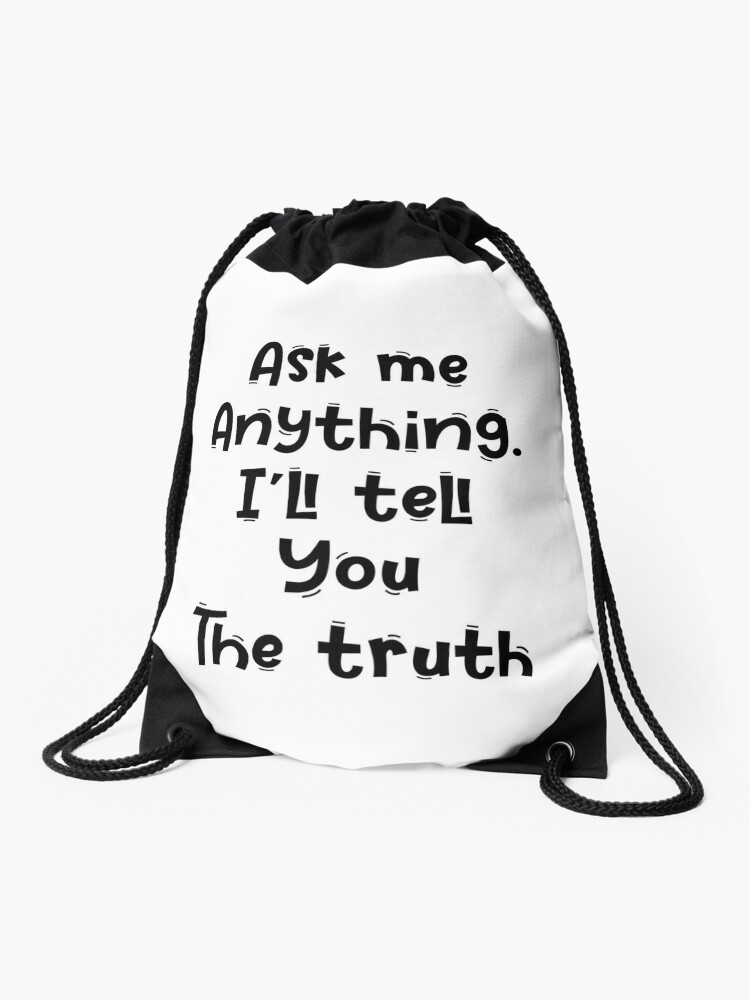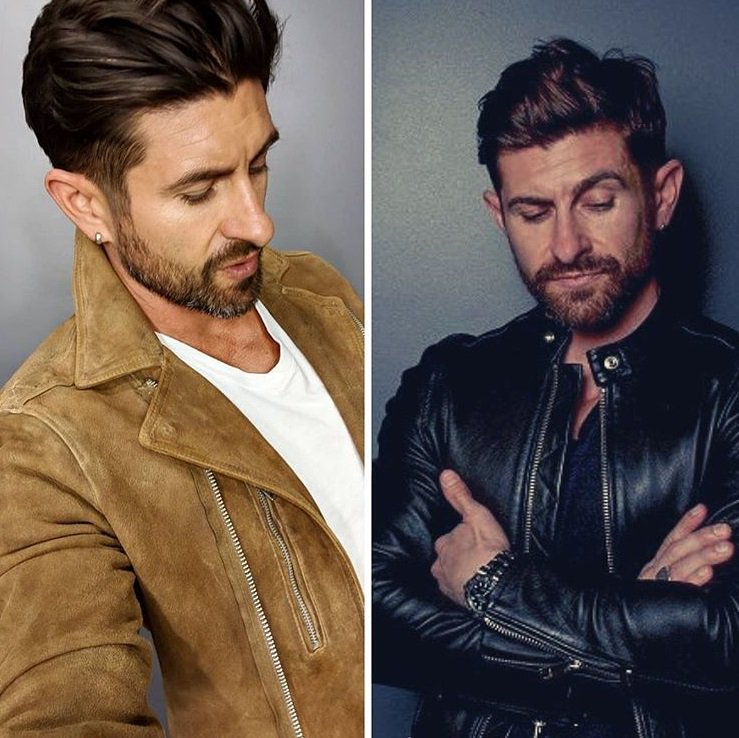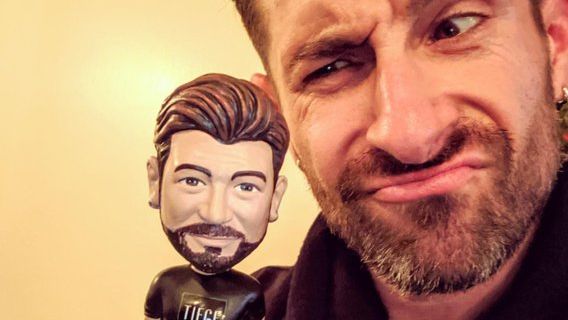Friends have different purposes, and friends are different during our lives. Our childhood friends are other kids who are fun to play with. When we hit our teens, our friends become supportive figures and those who receive our self-confessions. These years don’t have friendships as close as later in life because teens are still discovering their individuality and how to be intimate. Friendships help to explore these areas.
By the time we reach young adulthood, we may still be a bit insecure and seek out friends who share our values. College gives us time to spend with these friends – which also goes for young adults that don’t go to college but haven’t embarked on marriage and children. Note that networks of friends are deeper during this time than ever before or after. And then, as we graduate from school, move for work, or start families, the networks begin to break apart.
Into middle age, life gets in the way, and time is tighter. Friendships take a backseat to demands, and we are forced to ‘catch up’ with friends at later dates in exchange for children’s events, business trips, and other life events. Time is spent with jobs and raising families, which also affects those who stay single. These singles experience getting put off due to their friends’ marriages and raising kids.

As we navigate life, we make and keep friends in diverse ways. We may make friends wherever we go, we may have more acquaintances than deeper friendships, we may only have a few best friends over the years, and some of us may keep in touch with old buddies and make new ones along with way. New friends after young adulthood are typically tied into our work, co-workers, and kid’s friends, so the skill of making friends starts to fade.
So, we have three types of friends active, inactive, and honorary. If you are in touch with your friend regularly or you reach out to them for support, this friend is an active friend. An inactive friend is someone you haven’t been in touch with recently but still consider this person a friend. And an honorary friend is one with which you don’t expect to ever connect again, but they were significant or special to you in the past. You have good memories of the friendship.

Social media makes honorary type friends odd because they’re in front of your face, and you know what’s going on in their life, but you truly shouldn’t. Think of it this way – did you ever meet someone at a summer camp or on vacation when you had a great time but went your separate ways when the time ended? That friend should stay that way — good memory that shouldn’t be watered down.
Anyway, after young adulthood, we seem to lose friendships due to life’s circumstances. We also expect less from friendships because we have so many responsibilities and things going on. We can go for long periods without talking, but we know we are still on good terms and are still friends. It’s unspoken but an accepted stage of life, a life that’s zipping by.
When we grow up, we stop depending on friends and develop various other relationships. These friendships are based on a shared appreciation of our limitations and serve a specific purpose.
- One purpose is to have someone know us, our good and bad. This person is someone we can let our guard down around.
- Another purpose is someone we can be silly with, have fun with, be joyful with, and share excitement.
- The next purpose is someone who can give advice, inspire us, and clear our minds.
- And the last purpose is someone who can help us reach our goals and dreams – and their abilities and vigor correlate with ours.

In high school, I had a lot of acquaintances. I would call them ‘friends’ because we grew up together, but that’s about all we had in common. The bond was simply experience and proximity. When I went away to college, it was a totally different experience because I didn’t know anyone. I started to connect and develop friendships with people I actually liked and had things in common. I really developed some good friends in college with which I still keep in touch.
But after college is where I’ve developed and solidified my closest friends. I don’t have that many friends – I have a lot of people that I am ‘friendly’ with, but as far as people that I consider my core, I have 5-6 solid friendships. I can honestly say I would do anything for them, and I know they would do the same for me. Those types of friendships should be cherished because they don’t come along often. But when they do, you know it’s essential to acknowledge and not let anything come in between your friendship.
Good friends are not easy to come by. They are few and far between. When you connect with a good friend, it’s not complicated; it’s harmonious, and you feel as if the feelings are mutual. They are serving a specific purpose for you — and you are serving a specific purpose for them. However, shed friendships that you aren’t able to sustain. Keep the memories with you while making sure to get closer with and solidifying your true friendships.













